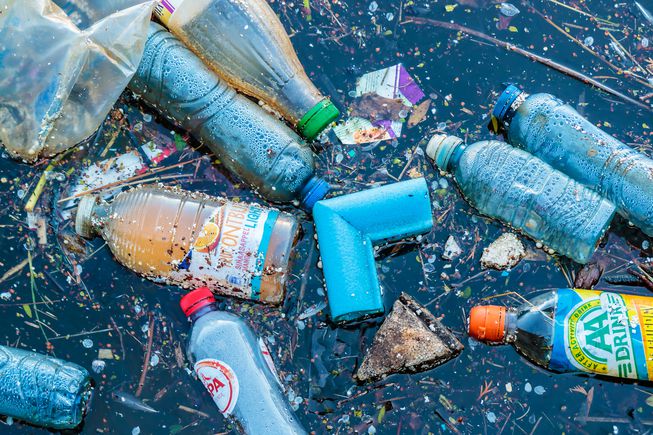
UN environment chief warns “we’re facing an ocean Armageddon”.
Gutted fish spill plastic bottle tops from their stomachs. Turtles pounce on plastic film floating in the water, mistaking it for jellyfish. Seabirds spend days scouring oceans for food for their young – and bring back plastic instead.
A UN environmental summit in Nairobi has brought to the surface new horror stories of the impact of plastic in oceans around the world.
“Armageddon in the making” is the head of the UN Environment Agency’s description for the problem of marine pollution.
Erik Solheim has warned that if things continue at the same rate, the weight of plastic in the sea will rival that of fish by 2050 – possibly referring to research by the Ellen MacArthur Foundation which reached a similar conclusion.
“Given the grim statistics on how we are poisoning ourselves and our planet, bold decisions from the UN Environment Assembly are critical, he told the summit. “That is as true for threats like pollution as it is for climate change and the many other environmental threats we face.”
From the Arctic to the Antarctic: plastic’s devastating reach
“It’s all over the place, even in northern Norway, hundreds of miles from human habitation,” Solheim said.
A BBC documentary team found evidence of the damage plastic is doing to the albatross population in the South Atlantic. Birds searching the ocean for fish to feed their young brought back plastic instead. One chick was killed by a plastic toothpick it had swallowed.
In Costa Rica the Romelia National Wildlife Refuge published a video on Facebook showing numerous plastic items, including whole bottle caps, being removed from the stomach of a dead fish.
Scientists say the fish often mistake the plastic debris for food and swallow it. “The plastic does not melt and can block their intestinal tract, preventing them from consuming food and leading to death by starving,” Erick Ross of the MarViva Foundation told the Costa Rican website crhoy.com.
Experts have warned that the plastic is finding its way into the human food chain. The European Food Safety Authority called last year for urgent research in the face of health and food safety concerns.













